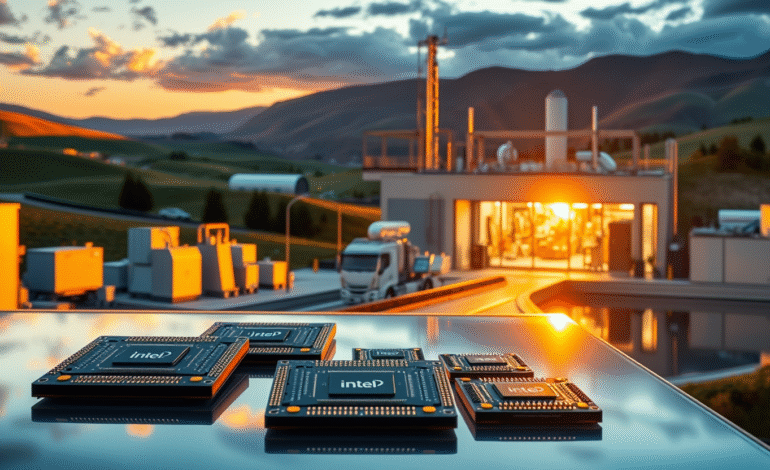US Senator Raises National Security Concerns Over Intel CEO Lip-Bu Tan’s Ties to Chinese Companies

Intel’s newly appointed CEO, Lip-Bu Tan, is under scrutiny from U.S. Senator Tom Cotton due to his connections with Chinese semiconductor firms.
In a recent letter addressed to Frank Yeary, Intel’s board chairman, Senator Cotton voiced concerns about Tan’s past investments and links to Chinese tech companies, including at least eight with ties to China’s military, the People’s Liberation Army. According to a Reuters report from April, Tan had invested in over 100 Chinese tech firms, although it is unclear whether he still holds stakes in these companies following his appointment as Intel CEO in March.
Another concern revolves around Tan’s previous role as CEO of Cadence Design Systems, a San Jose-based company that provides software for designing and testing semiconductor chips. Last month, Cadence pleaded guilty to illegally exporting sensitive design automation technology to a Chinese military university, along with a semiconductor vendor in China called Phytium Technology. The illicit transactions took place between 2015 and 2021 during Tan’s tenure as CEO of the company.
Senator Cotton has questioned whether Intel’s board was aware that Cadence was under investigation for illegally exporting technology to China when they hired Tan as CEO. Additionally, he inquired about any other ties Tan may have with Chinese companies and if the company’s board required him to divest from his holdings in firms linked to the Chinese Communist Party or People’s Liberation Army to avoid potential conflicts of interest.
In response to these concerns, Intel stated that both Tan and the company are dedicated to maintaining the national security of the United States and upholding their role within the U.S. defense ecosystem. Intel expressed appreciation for Senator Cotton’s focus on shared priorities and looked forward to addressing these matters with him.
As Tan seeks to revitalize Intel, which has faced difficulties in securing sales and customers, competitors such as AMD, Apple, and Nvidia have turned to Taiwan’s TSMC to build advanced chips for both personal computers and AI development. Intel has been banking on its 18A manufacturing process to boost sales, but the technology has yet to attract significant third-party clients. Moreover, a separate report by Reuters alleges that the 18A process suffers from low yields, casting doubt on its profitability and readiness for widespread use.






